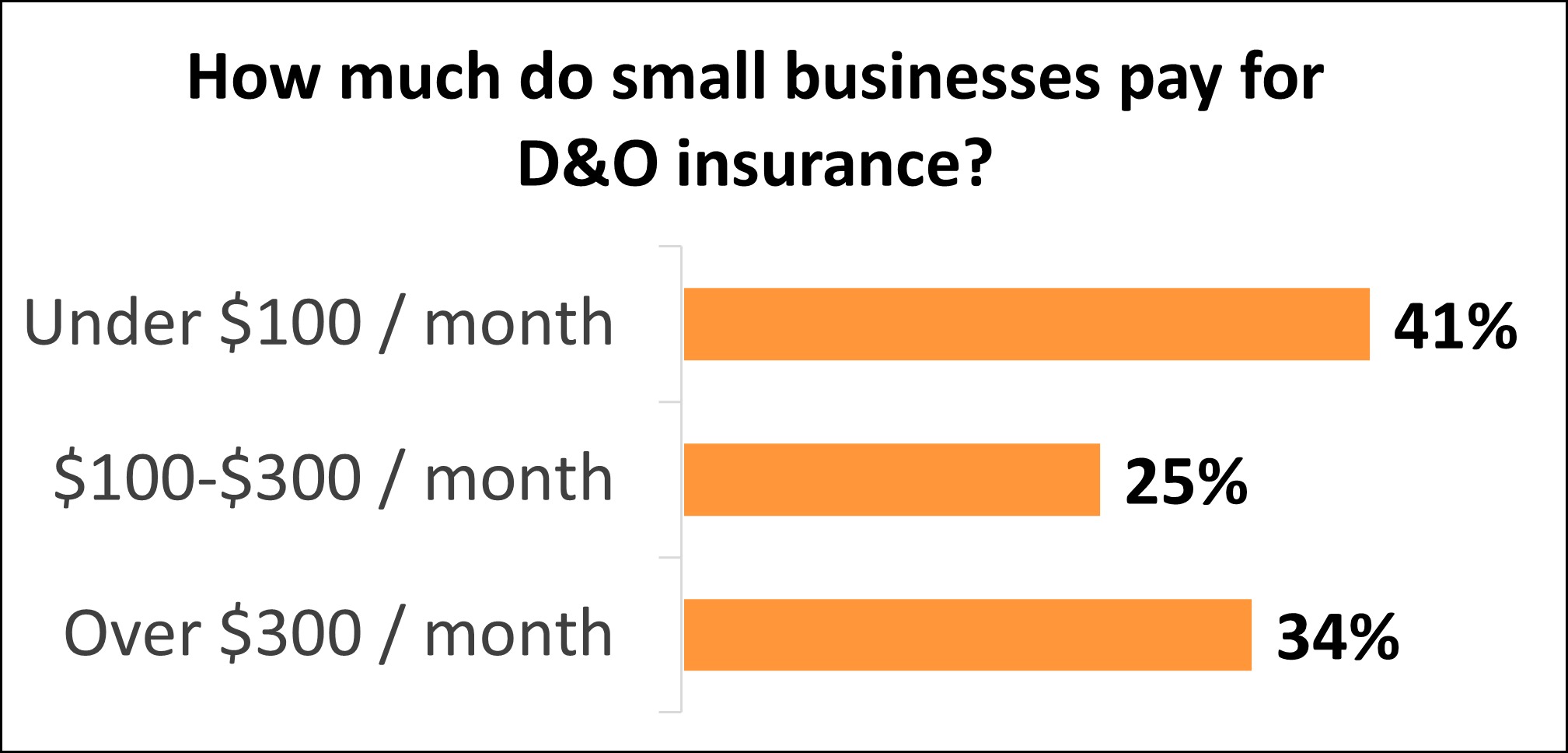Home>Finance>Matched Sale-Purchase Agreement (MSPA) Definition


Finance
Matched Sale-Purchase Agreement (MSPA) Definition
Published: December 23, 2023
Learn the definition of Matched Sale-Purchase Agreement (MSPA) in finance. Understand its application and significance in the financial industry.
(Many of the links in this article redirect to a specific reviewed product. Your purchase of these products through affiliate links helps to generate commission for LiveWell, at no extra cost. Learn more)
Understanding Matched Sale-Purchase Agreements (MSPA)
Welcome to our FINANCE category, where we explore various financial topics to help you make informed decisions. In this blog post, we will delve into the world of Matched Sale-Purchase Agreements (MSPA). Whether you are a financial professional or someone interested in understanding investment strategies, this article will provide you with a comprehensive overview of MSPAs.
Key Takeaways:
- Matched Sale-Purchase Agreements (MSPA) are short-term financial transactions between two parties where one party sells a security and simultaneously agrees to repurchase it at an agreed-upon price and date.
- MSPAs are commonly used by financial institutions to manage their short-term liquidity needs and efficiently deploy capital.
Now, let’s dig deeper into what exactly an MSPA is and why it is relevant in the world of finance.
What is a Matched Sale-Purchase Agreement?
A Matched Sale-Purchase Agreement (MSPA) is a financial transaction where one party sells a security to another party and, at the same time, agrees to repurchase the same security at a future date and an agreed-upon price. The purpose of an MSPA is to meet the short-term liquidity needs of financial institutions while allowing them to efficiently utilize their capital.
In an MSPA, the selling party retains the economic benefits and risks associated with the security during the repurchase period. This means that any income (such as interest or dividends) generated by the security remains with the seller, even though they have technically sold the security to another party temporarily.
MSPAs are typically short-term agreements with maturities ranging from overnight to a few weeks. They are often used by financial institutions, such as banks, to manage their daily cash flow requirements. By entering into MSPAs, these institutions can access short-term funds secured by high-quality collateral, which allows them to meet their immediate liquidity needs without selling their long-term investments.
Benefits and Uses of MSPAs
MSPAs offer several benefits for both parties involved:
- Liquidity Management: Financial institutions can use MSPAs to efficiently manage their liquidity needs, ensuring they have access to short-term funds to cover their daily operational requirements.
- Capital Optimization: By utilizing MSPAs, institutions can free up capital that would otherwise be tied up in long-term investment holdings. This enables them to allocate their capital more effectively and pursue other profitable opportunities.
- Collateralized Financing: MSPAs provide a collateralized financing option for the parties involved. The selling party provides high-quality securities as collateral to secure the transaction, reducing the overall credit risk for the buying party.
In addition to these benefits, MSPAs are also used in the financial markets for other purposes such as short-selling, hedging, and portfolio management. Their flexibility and ability to provide immediate access to short-term liquidity make them a valuable tool for financial institutions.
Conclusion
Matched Sale-Purchase Agreements (MSPAs) play a crucial role in the world of finance by facilitating short-term liquidity management for financial institutions. These agreements allow institutions to efficiently deploy their capital while accessing short-term funds secured by high-quality collateral. MSPAs offer benefits such as enhanced liquidity management, capital optimization, and collateralized financing.
By understanding the concept and usage of MSPAs, you can gain valuable insights into the workings of the financial industry and make informed investment decisions. Whether you have an interest in finance or are a financial professional, having knowledge of MSPAs can help you navigate the complex world of investments.














